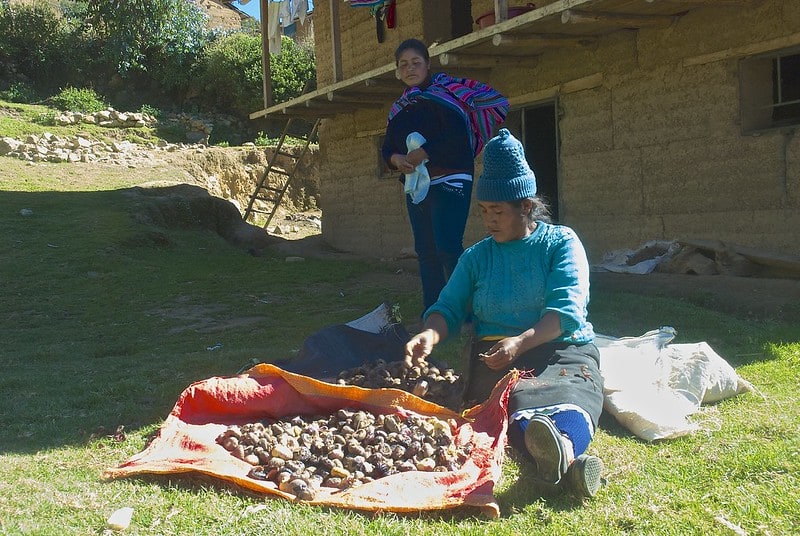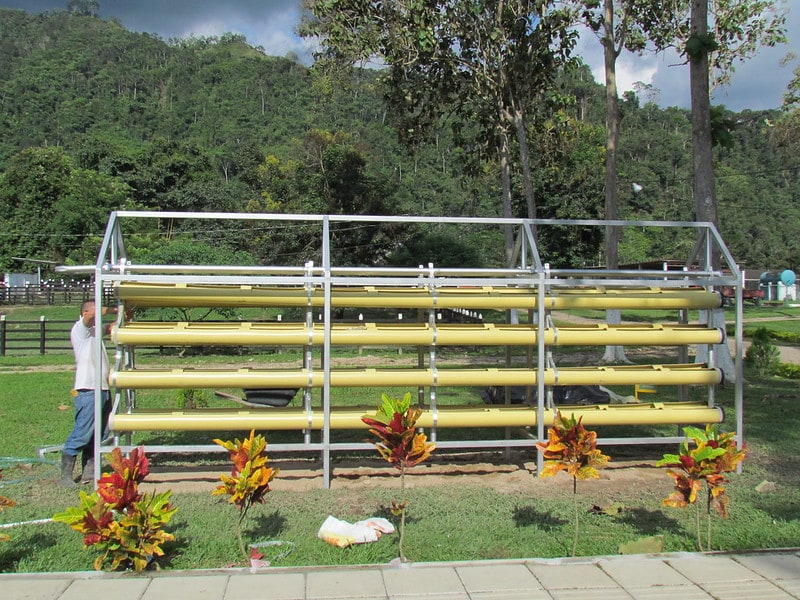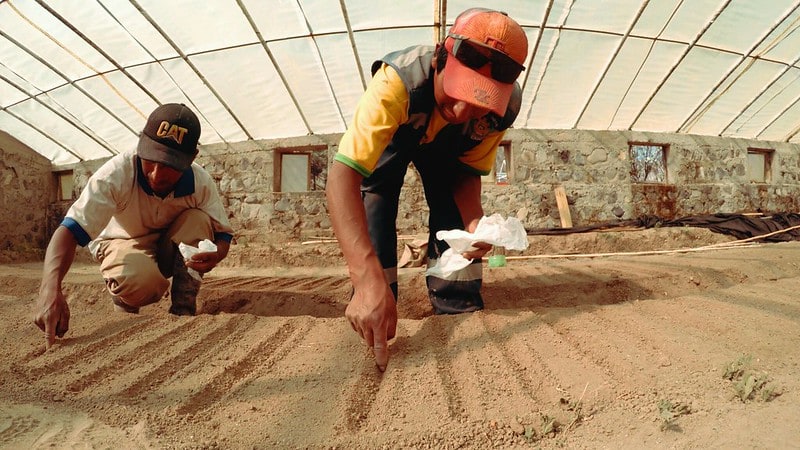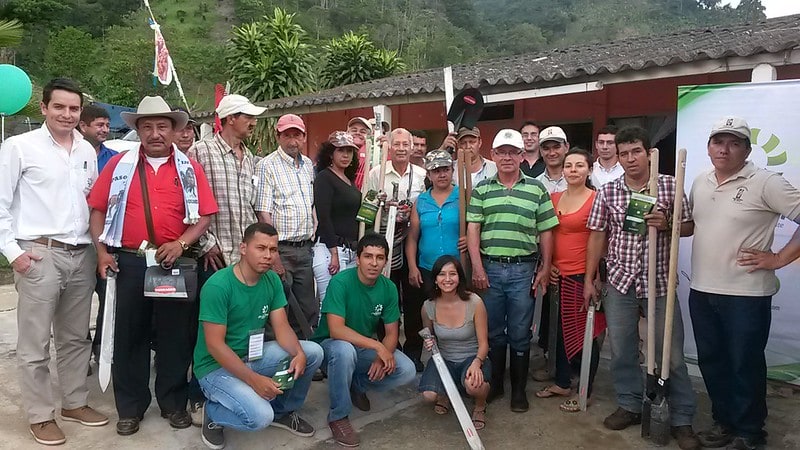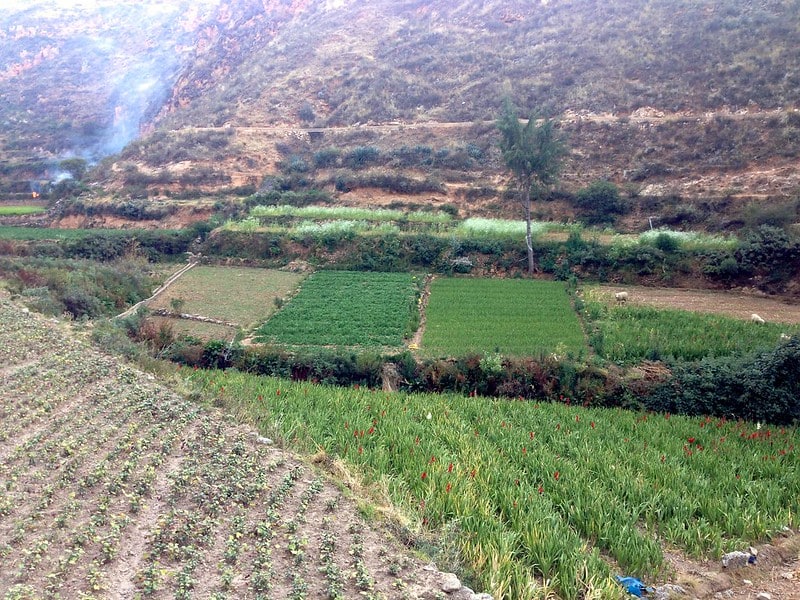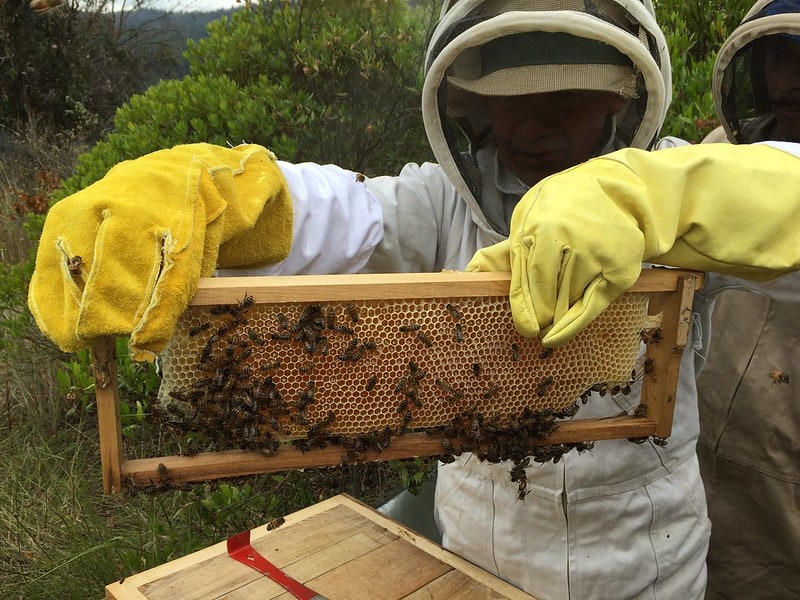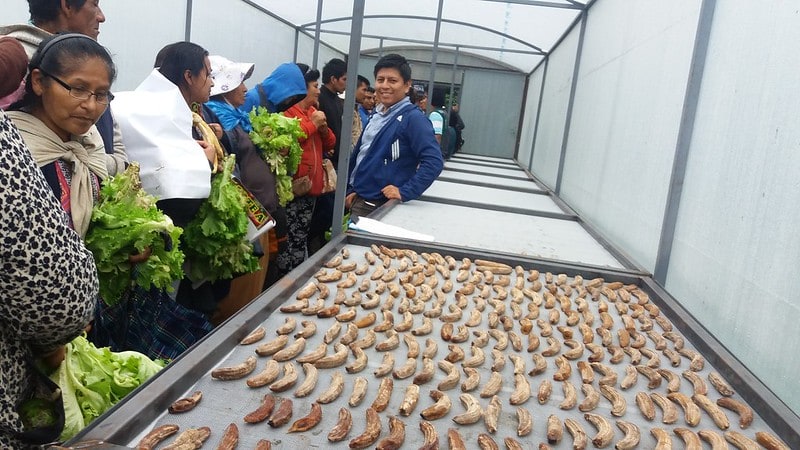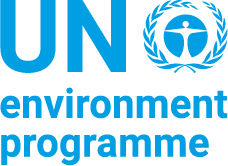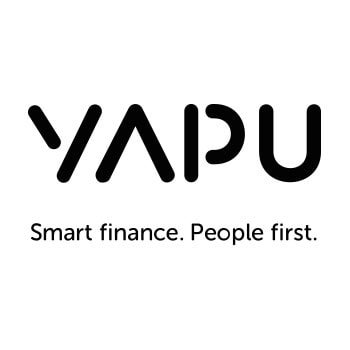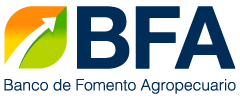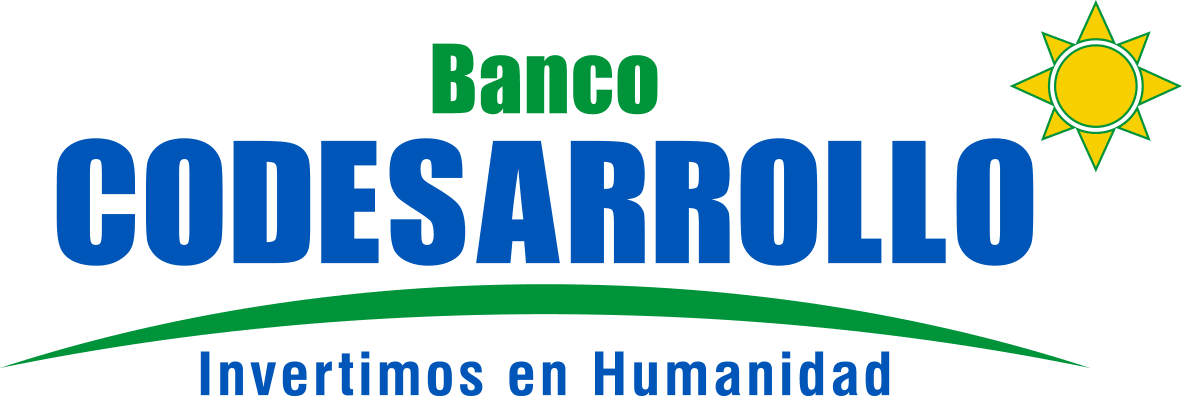Who we are
The Microfinance for Ecosystem-based Adaptation (MEbA) project seeks to provide vulnerable rural and peri-urban populations with access to microfinance products and services that allow them to invest in activities that improve their income, increase their climate resilience and allow them to sustainably use ecosystems and their services.
We focus on developing solutions for Microfinance Institutions (MFIs) and their clients to increase their capacity to manage climate information and risks, while promoting ecosystem-based adaptation options (EbA).
This project is funded by Germany’s Federal Ministry for the Environment, Nature Conservation and Nuclear Safety (BMU) and is implemented by the United Nations Environment Programme (UNEP) in six Latin American countries and two African countries.
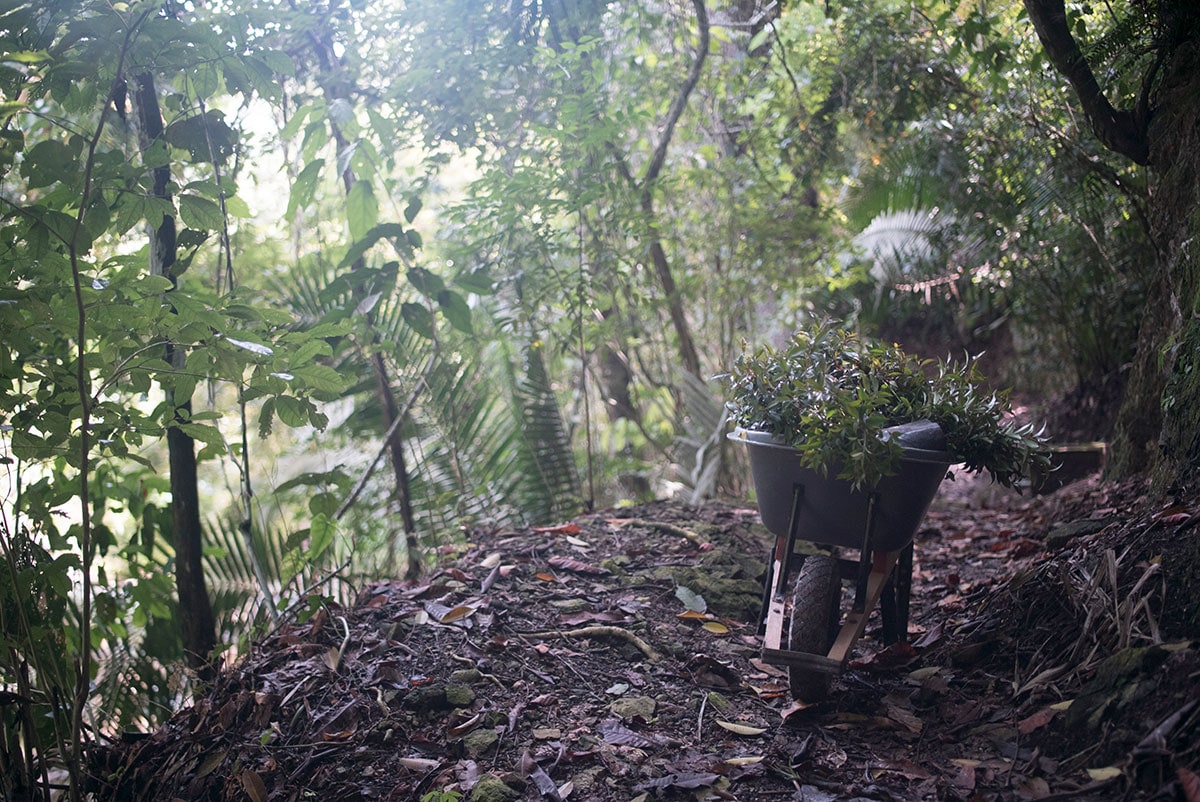
History of the MEbA-project

EbA Solutions
The MEbA project has identified more than 40 adaptation solutions that allow small-scale farmers to invest in activities related to ecosystem sustainability, improving their income and resilience towards climate change effects.
These solutions are financed through microcredits and meet, either on their own or in synergy with other options, the following MEbA criteria:
- Reduce pressure on ecosystems and the services they provide;
- Enhance the social or economic resilience of human populations vulnerable to climate change;
- Reduce risks associated with climate events in production activities;
- In their implementation, protect, restore or use biodiversity and ecosystems in a sustainable manner, and
- Have a positive impact on individuals' economy in the short term.
